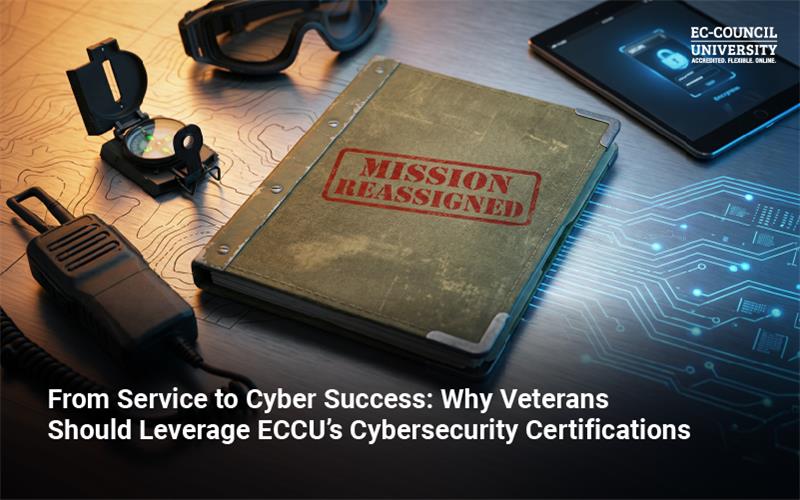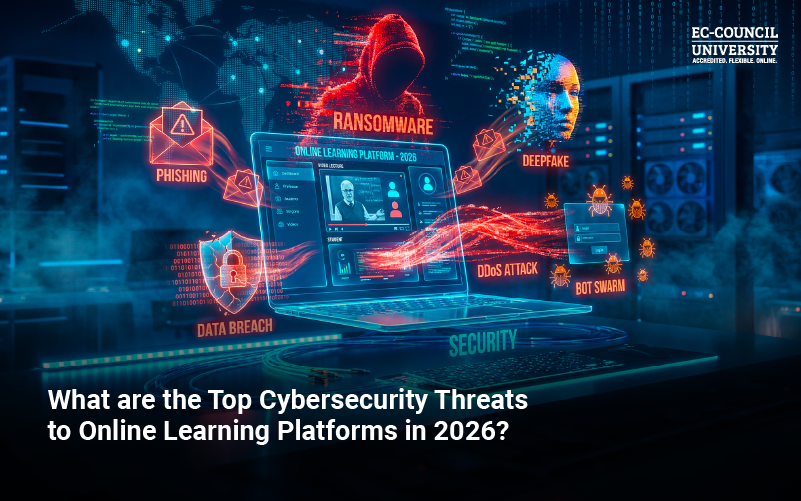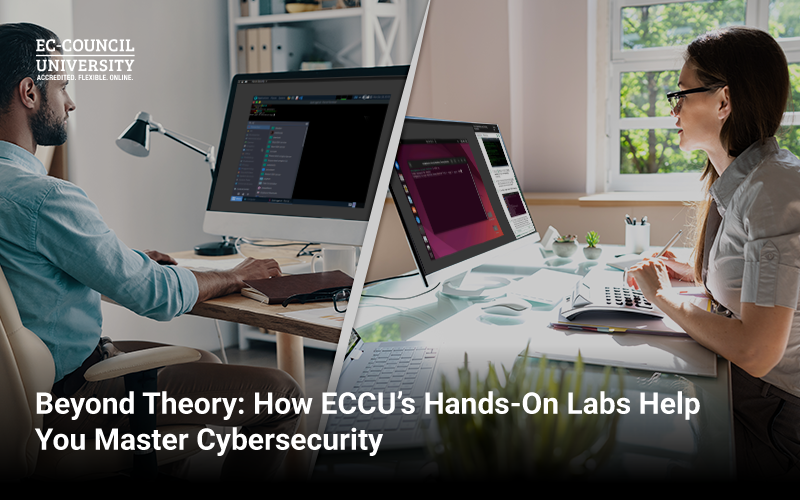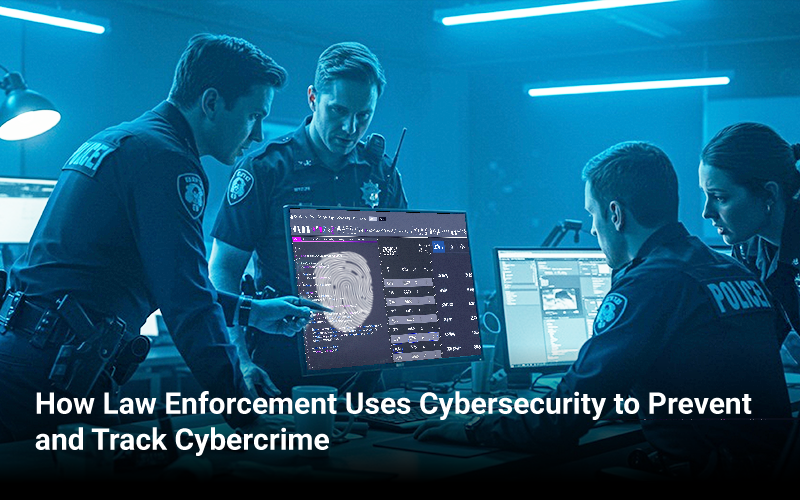Personal branding has become essential to career growth and professional success in today’s digital age. With the cybersecurity industry rapidly expanding, building a personal brand can help young professionals stand out in a highly competitive field. This blog post will examine techniques for building a personal brand in cybersecurity for young professionals just starting their careers.
What is a Personal Brand?
A personal brand is a practice of marketing oneself and their career as a brand with remarkable originality that sets one apart from their peers. Personal branding can help young professionals establish their reputation in the industry, showcase their expertise, and develop their careers.
Why is Personal Branding Important in Cyber Security?
Personal branding is vital in the cybersecurity industry due to its highly competitive nature. It can help young professionals differentiate themselves from their peers, showcase their skills, and establish themselves as experts in the field. By building a personal brand, young professionals can increase their visibility, credibility, and authority, attracting new career opportunities.
What are the benefits of building a personal brand?
Building a personal brand in cybersecurity has several advantages for young professionals. According to a survey executed by LinkedIn, professionals with a solid personal brand are 40 times more likely to be hired by recruiters than those who do not have a strong personal brand. Additionally, 92% of recruiters use social media platforms to find potential candidates, making it crucial for young professionals to have a robust online presence. A solid personal brand also enhances its reputation, increases its credibility, and boosts its earning potential.
- Assessing Your Current Personal Brand: Before you start building your brand, you must assess where you currently stand. This involves conducting a self-audit, identifying your strengths and weaknesses, and analyzing your online presence.
- Conducting a Self-Audit: Start by conducting a self-audit of your skills, experiences, and achievements. Identify your unique selling proposition (USP) and determine how it sets you apart from others in your field.
- Identifying Your Strengths and Weaknesses: Identify your strengths and weaknesses to determine where you excel and where you need to improve. This will help you develop a plan to build your personal brand strategically.
- Analyzing Your Online Presence: Analyze your online presence to determine how you appear to potential employers or clients. Ensure that your online presence is professional and highlights your skills and experiences.
How to define your personal brand?
Once you have assessed your current personal brand, the next step is to define it. This involves determining your unique selling proposition, identifying your target audience, and developing a mission statement.
- Determining Your Unique Selling Proposition: Your remarkable selling proposition is what positions you in the field. It is a combination of your skills, experience, and personality that makes you uniquely qualified for specific positions or projects. When defining your USP, think about what you excel at and what makes you stand out. This could be anything from your technical skills to your ability to communicate complex ideas in simple terms.
- Identifying Your Target Audience: Your target audience is the bunch of individuals you want to gain with your personal brand. This could include potential employers, clients, or industry peers in cybersecurity. When identifying your target audience, think about whom you want to impress and what they are looking for in a cyber security professional.
- Developing Your Mission Statement: Your mission statement should summarize your brand and what you offer. It should be concise and clear and communicate your distinctive selling proposition to your target audience. When developing your mission statement, think about what you want to accomplish in your professional career and how you plan to get there.
How to build your personal brand?
Now that you have defined your personal brand, it’s time to start building it. Here are some key strategies you can use to establish your brand in the cybersecurity industry:
- Craft a strong resume and LinkedIn profile: Your resume and LinkedIn profile are critical components of your personal brand. They should highlight your unique skills and accomplishments and demonstrate your passion for cybersecurity. A LinkedIn survey shows 87% of recruiters use the platform to find job candidates. Having a strong LinkedIn profile can increase your visibility and make you more attractive to potential employers in the cybersecurity industry. Make sure to include specific examples of your work experience and achievements and use industry-specific language to assist you in standing out to potential employers.
- Create content: Creating content is an excellent way to prove yourself as a thought leader in the cybersecurity industry. Creating content, such as blog posts and articles, can help establish your personal brand and demonstrate your expertise in the cybersecurity industry. When creating content, focus on relevant topics for your target audience and demonstrate your expertise.
- Participate in industry events and networking opportunities: Attending industry events and networking with other professionals is flawless in creating your personal brand. This can include attending conferences, joining professional organizations, and participating in online forums and communities. These opportunities can help you learn about the latest trends in cybersecurity, meet other professionals, and establish yourself as a thought leader.
- Develop your skills and knowledge: To establish yourself as a credible expert in cybersecurity, it’s essential to develop your skills and knowledge continually. By designating yourself as a subject matter specialist in cybersecurity, you can build trust with potential clients or employers and differentiate yourself from other professionals in the field. This can be done by earning certifications, attending training programs, and pursuing advanced degrees. Earning certifications in cybersecurity can help establish your credibility and expertise in the field. Stay up-to-date with the most outstanding trends and technologies in cybersecurity, and be prepared to share your knowledge with others.
How to promote your personal brand?
Once you have established your personal brand, promoting it to a broader audience is essential. Here are some strategies you can employ to promote your personal brand in the cybersecurity industry:
- Leverage social media and other platforms: Leveraging social media platforms like Twitter and LinkedIn can assist you in contacting a broader audience and establishing your personal brand in the cybersecurity industry. Share your content and engage with other professionals in your field to help build your audience and establish your brand.
- Build relationships with influencers and thought leaders: Building relationships with influencers and thought leaders in the cybersecurity industry could help you expand your network and gain exposure to new audiences. Engage with their content and partake in discussions to help demonstrate yourself as a valuable contributor to the community.
- Establish yourself as a subject matter expert: As you continue developing your cybersecurity skills and knowledge, look for opportunities to establish yourself as a subject matter expert. This can include writing articles, speaking at conferences, and contributing to industry publications. The more you establish yourself as an expert, the more useful your personal brand will become.
- Create a personal website: Creating a personal website can be a compelling way to promote your brand and showcase your expertise. Use your website to share your resume, portfolio, and other examples of your work. You can also use it to share your thoughts on cybersecurity and promote your content.
How to maintain your personal brand?
Creating a personal brand is a continuous process, and it’s important to maintain and update it continuously. Here are some tips for maintaining your personal brand in cybersecurity:
- Continuously update your skills and knowledge: There is an increased demand for cybersecurity experts who are up-to-date with the latest technologies and trends. Cybersecurity is a constantly evolving field, so staying current with the latest trends and technologies is essential. Attend industry events, participate in webinars and training sessions, and read industry publications to keep your skills and knowledge current.
- Monitor and manage your online presence: Regularly monitor your online presence and respond to any negative comments or reviews. It’s also essential to ensure that your online profiles and website are up-to-date and reflect your current skills and experience. This underscores the importance of monitoring and managing your online presence to ensure that it reflects your skills and experience positively.
- Build a community of supporters and advocates: Cultivate a network of allies and promoters who can help facilitate your personal brand. This can include colleagues, industry peers, and even satisfied clients or customers.
In today’s competitive job market, building a personal brand is essential for young professionals in cybersecurity. By defining and promoting your unique skills, knowledge, and experience, you can establish yourself as a thought leader and attract new career opportunities. Remember to continuously update and maintain your personal brand to remain relevant and effective in today’s ever-changing cybersecurity landscape.
How can EC-Council University help with this?
EC-Council University can help young professionals build their personal brand in cybersecurity through its comprehensive and rigorous cyber security degree online that prepares students for the fast-paced and constantly evolving cybersecurity industry. The university offers Online Cyber Security Degrees at the undergraduate and graduate levels and a range of certificate programs, all focused on cybersecurity. EC-Council University’s curriculum is developed by industry experts and is designed to provide students with the skills and knowledge needed to succeed in cybersecurity. The university also helps students connect with other professionals and establish their brand in the cybersecurity community.
FAQs:
Ans. Creating a personal branding strategy involves defining your unique value proposition and identifying your target audience. You should then develop a consistent brand image, including your name, logo, website, and social media profiles. You can also consider creating content and engaging with your audience through networking events, speaking engagements, and online communities. Regularly evaluate and update your strategy to ensure it aligns with your personal and professional goals. A strong personal brand can help you stand out in a crowded job market, build a professional network, and establish yourself as an authority in your field.
Ans. To create a personal brand of yourself, define your unique value proposition, identify your target audience, develop a consistent brand image, create valuable content, and engage with your audience. A personal brand can help you establish yourself as an authority in your field, build a professional network, and create opportunities for career advancement.







